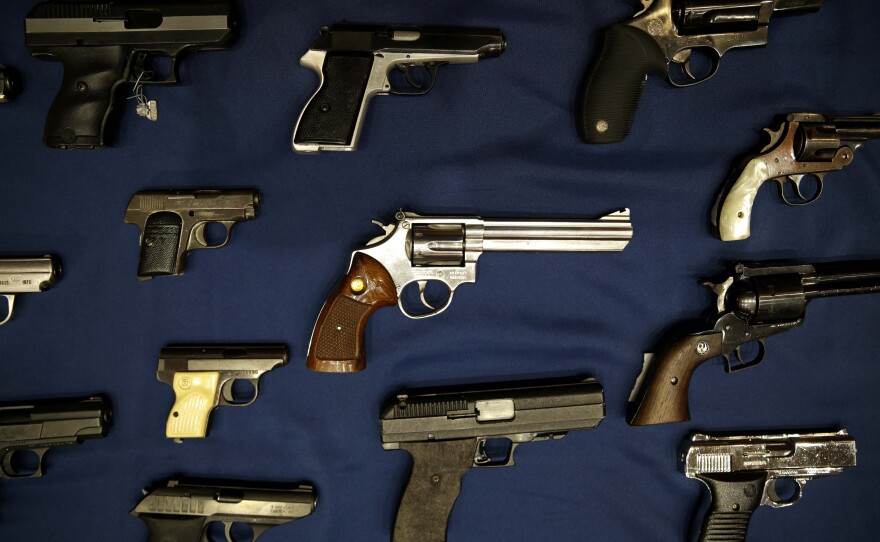As Congress considers a national red flag law, a new study suggests California's red flag law may play a role in reducing mass shootings.
The law, which went into effect in 2016, allows family members or law enforcement to ask a judge to temporarily remove guns from individuals who may pose a threat to themselves or others.
Researchers at UC Davis School of Medicine's Violence Prevention Research Program examined 21 cases of individuals who made threats and had their guns confiscated through a court order. They found none of the individuals who had their guns removed followed through on their threats.
"We can't prove that the orders made the difference. What we have is, there was a threat, firearms were part of what created an elevated risk. The firearms were recovered or purchases were blocked and those events did not occur," said Dr. Garen Wintemute, director of the Violence Prevention Research Program and lead author of the study.
RELATED: Poll: Americans, Including Republicans And Gun Owners, Broadly Support Red Flag Laws
The city of San Diego leads the state in the number of gun violence restraining orders.
But gun rights groups have raised concerns about red flag laws infringing on due process rights.
In an emailed statement, Michael Schwartz, executive director of the San Diego County Gun Owners, wrote in part, "Conceptually we agree that dangerous people should not have access to weapons, but the way gun violence restraining orders are being implemented in California, and specifically by San Diego City Attorney Mara Elliott, provides few protections and could become rife with abuse."
Schwartz also said, if someone is breaking the law, law enforcement already has the ability to confiscate firearms.
Wintemute, who helped write California's Red Flag law, joined Midday Edition Wednesday to discuss his study findings.








